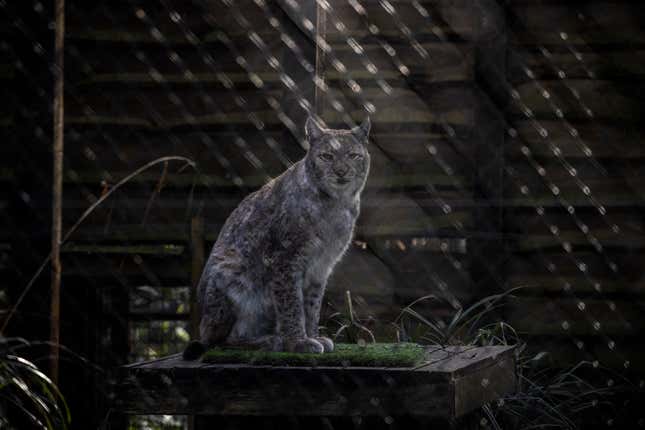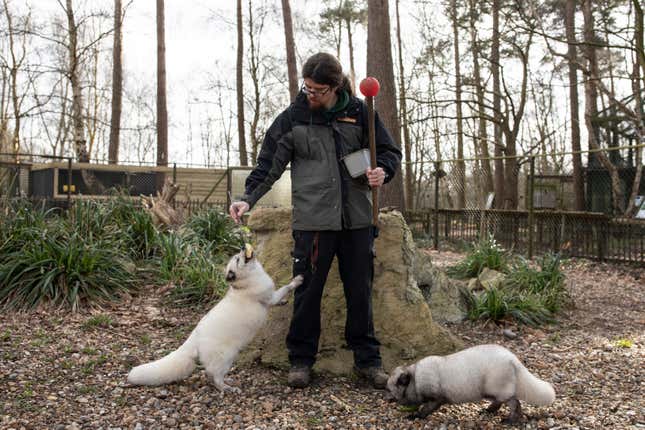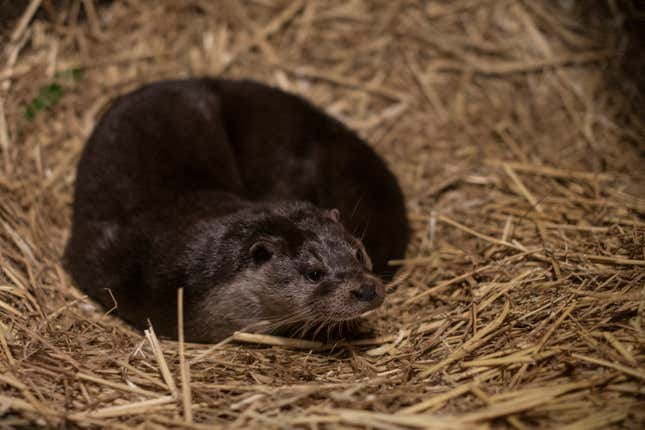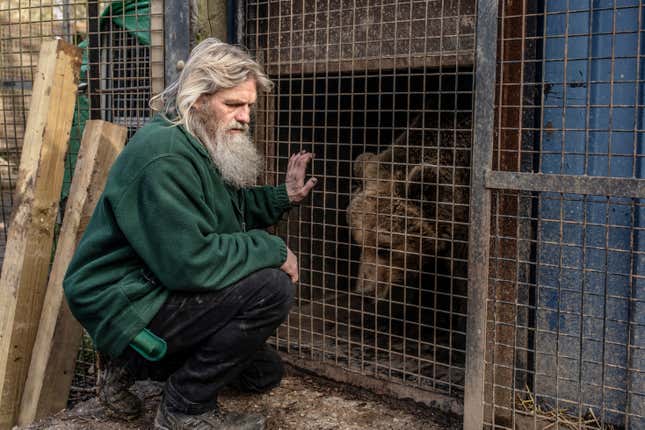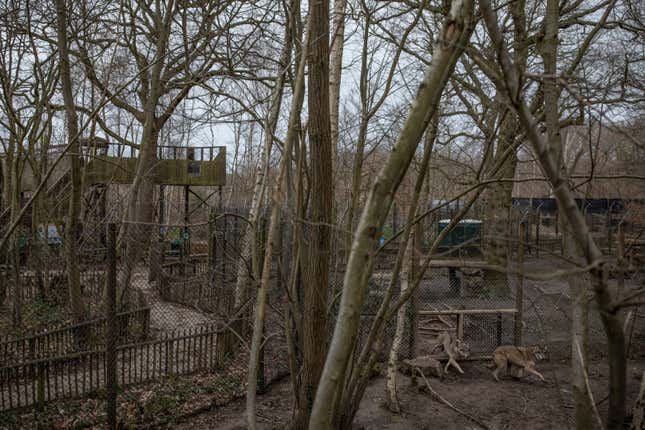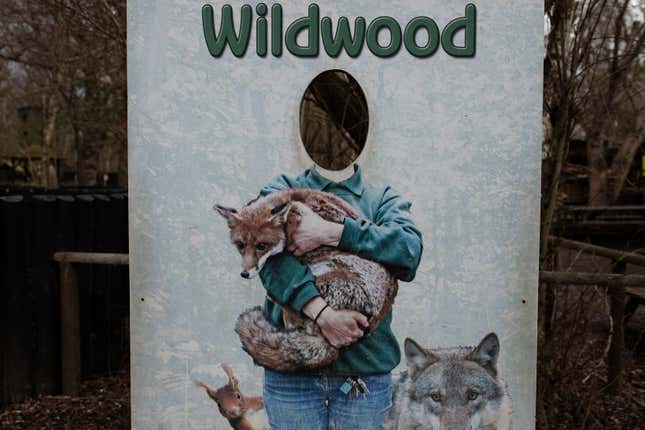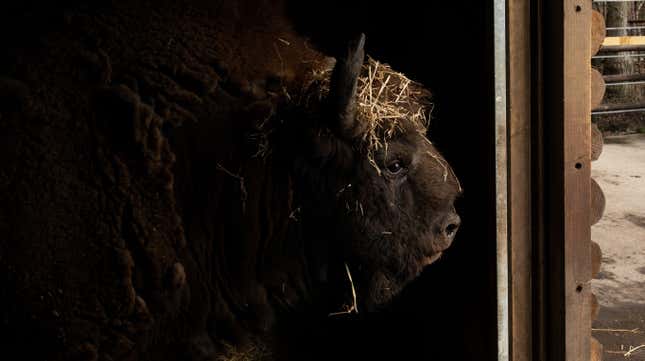
The animals are waiting for you to come back.
After the UK government instituted the country’s third pandemic-fueled lockdown in January, the Wildwood Trust in Canterbury, Kent was forced to close to visitors for the third time since the pandemic began. That put the center, like zoos and other conservation centers around the world, back in financial jeopardy as it waits out the pandemic. Wildwood Kent is looking forward to reopening at the beginning of April, when the UK government says it will ease restrictions.
That reopening won’t just serve humans looking to see some of the sanctuary’s critters. Wildwood Kent also serves as a vital role in the effort to rewind the countryside, and reopening could help get those plans back on track to restore some of the UK’s biodiversity in the wild.
